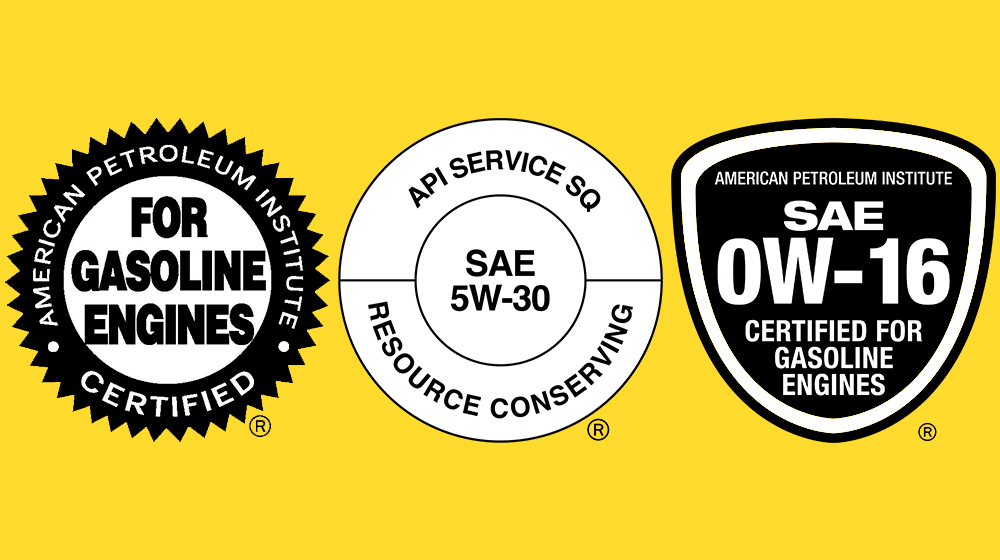Back in December, the American Petroleum Institute (API) announced that the ILSAC GF-7 motor oil specification for gasoline-powered engines would be launched in March 2025. At the time, API issued a Q&A to explain the objectives of GF-7, the technical improvements it brings and what consumers and the automotive industry could expect. API plays a key role in developing motor oil standards by coordinating testing protocols and certifying oils to ensure they meet performance and regulatory requirements.
The ILSAC GF-7 motor oil category will officially be licensed on March 31. This new standard is said to improve engine protection, fuel efficiency and emissions reduction, catering to the evolving needs of modern vehicles, including turbocharged and gasoline direct injection (GDI) engines.
To help answer questions about the new category, Pennzoil and API have released a follow-up Q&A with Sean Nguyen, technical scientist and automotive lubricant specialist at Pennzoil, and Bill O’Ryan, senior manager EOLCS/DEF at API. The Q&A explores why the new standard is necessary, the benefits it provides to vehicle owners and compatibility with older oil specifications.
What is the ILSAC GF-7 specification, and why was it introduced?
API: The ILSAC GF-7 specification is the latest industry standard for passenger car motor oils, designed to improve engine performance, enhance fuel efficiency and reduce emissions. It replaces GF-6 and incorporates new testing protocols to address emerging engine challenges such as increased wear, low-speed pre-ignition (LSPI) and high-temperature performance. The introduction of GF-7 aligns with stricter EPA fuel economy and emissions regulations for the 2026 model year and beyond.
How does GF-7 improve engine protection compared to GF-6?
API: GF-7 introduces stricter limits on engine wear and deposit formation, offering improved timing chain wear protection. It also features enhanced testing for LSPI prevention, which is critical for smaller, turbocharged engines. These improvements help extend engine life and maintain performance over longer oil drain intervals.
What is LSPI, and why is it important in the GF-7 specification?
Pennzoil: LSPI is a serious issue in modern turbocharged, direct-injection engines designed to improve fuel efficiency. LSPI is an abnormal combustion event that can cause significant engine damage, especially in high-pressure turbocharged engines. Introducing the Aged Oil Sequence IX test in GF-7 ensures that these oils offer better LSPI protection, reducing the risk of engine knock and enhancing durability. This is particularly important in newer vehicle models where LSPI is a well-documented challenge.
Are GF-7 motor oils backward-compatible?
API: Yes, the GF-7A category is designed to be backward compatible with previous ILSAC specifications in common viscosity grades like 0W-20, 5W-20, 0W-30, 5W-30 and 10W-30. However, GF-7B oils, which cover ultra-low viscosity grades such as SAE 0W-16, are intended only for vehicles requiring them. Vehicle owners should always refer to their manufacturer’s recommendations when selecting motor oil.
What makes GF-7 oils more fuel-efficient?
API: GF-7 mandates improvements in oil formulation to reduce internal engine friction, which helps boost fuel economy without sacrificing durability. Additionally, introducing lower viscosity grades, including SAE 0W-12 and 0W-8 under API SQ, aligns with automakers’ efforts to improve fuel efficiency in newer engine designs.
How does Pennzoil ensure its motor oils meet GF-7 standards?
Pennzoil: At Pennzoil, we rigorously test and refine our formulations to ensure compliance with GF-7 requirements. Our full synthetic motor oils, including Pennzoil Platinum and Pennzoil Ultra Platinum, are engineered to meet or exceed GF-7 specifications.
What are the benefits of using GF-7-compliant motor oils?
Pennzoil: GF-7 compliant motor oils, such as Pennzoil Platinum and Pennzoil Ultra Platinum, are engineered to safeguard your engine mile after mile, ensuring durability for the long haul. These high-performance oils deliver superior piston cleanliness [based on Sequence IIIH results], sustained horsepower, improved fuel economy, and excellent performance in extreme temperatures.
How can consumers identify GF-7 motor oils?
API: Consumers should look for the API “Starburst” and API Service Category SQ “Donut” certification marks on motor oil packaging. These marks indicate that the oil meets GF-7A performance standards, meaning the product has been tested and certified for use in vehicles requiring GF-7A oils. Similarly, for engines requiring GF-7B oils in an SAE 0W-16 viscosity grade, consumers should look for the API “Shield” and API Service Category SQ “Donut.”
Will ILSAC GF-7 oils be backward-compatible with older engines?
Pennzoil: Yes, GF-7 oils are formulated to be compatible with most older vehicles that require ILSAC-certified oils. However, their most significant advantages—improved fuel efficiency, LSPI protection and enhanced wear resistance—are particularly beneficial for newer engines. Vehicle owners should always check their manufacturer’s recommendations before switching oils.
How will GF-7 affect consumers and the automotive industry?
Pennzoil: GF-7 oils will provide better engine protection, improved fuel economy and lower emissions for consumers. For the automotive industry, GF-7 aligns motor oil standards with evolving regulations, facilitating the development of more efficient and environmentally friendly vehicles. The backward compatibility of GF-7A also ensures that both new and existing vehicles can benefit from these advancements.
What is the role of oil marketers in developing new motor oil specifications?
Pennzoil: Oil marketers like Pennzoil play a crucial role in advancing motor oil technology by collaborating with automakers, industry organizations and regulatory bodies to help shape new specifications. We conduct extensive research, develop innovative formulations and perform rigorous testing to ensure that our products meet or exceed the latest industry standards. Additionally, we help educate consumers and automotive professionals about the benefits of new oil specifications and how they impact vehicle performance and longevity.
